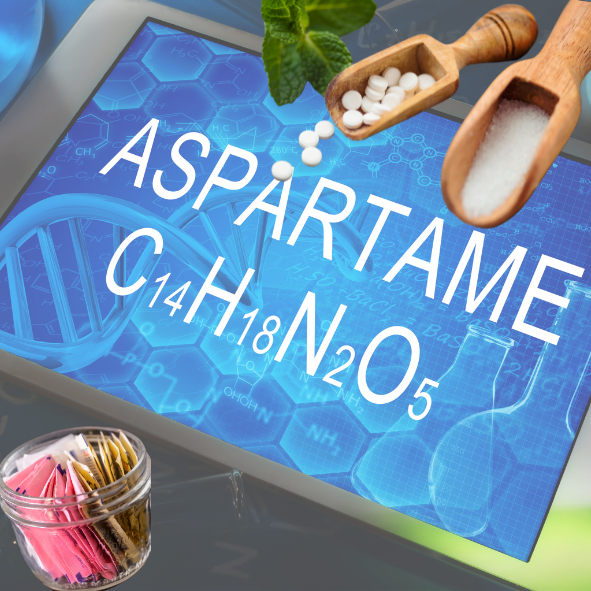Aspartame: Debunking the Controversy

Aspartame is an artificial sweetener that has been widely used since 1981. It is found in a variety of foods and beverages, including soft drinks, chewing gum, and yogurt. Despite being approved for use by the FDA and other regulatory agencies worldwide, aspartame has long been associated with a range of health concerns, most notably cancer. As a physician, it is my duty to provide evidence-based advice to my patients on this matter. Thus, I would like to clarify some of the misconceptions about aspartame and cancer risk, backed by scientific evidence.
Firstly, let’s address the link between aspartame and cancer. Over the years, there have been a few studies that have suggested a possible association between consuming aspartame and cancer. However, the vast majority of studies have shown no such association. In 2007, the European Food Safety Authority conducted a comprehensive review of available scientific data and concluded, “the weight of existing scientific evidence does not support the notion that aspartame is a carcinogen.” Similarly, the National Cancer Institute states that “studies in laboratory rats during the early 1970s linked saccharin with the development of bladder cancer, raising concerns about the safety of artificial sweeteners. However, subsequent research has shown that these reports were incorrect. It is now widely accepted that saccharin is not a human carcinogen.”
Secondly, it’s essential to understand the role of regulatory agencies in ensuring the safety of food additives such as aspartame. The FDA has established an Acceptable Daily Intake (ADI) for aspartame, which is the amount of the food additive that can be safely consumed daily over the course of a lifetime. The ADI for aspartame is 50 milligrams per kilogram of body weight, which is around 22 cans of diet soda per day for a 150-pound person. This limit is set well below the level at which any adverse effects would be expected, including cancer risk.
Thirdly, let’s examine some of the studies that supposedly show a link between aspartame and cancer. One of the most widely cited studies is a 2006 study published in the journal “Environmental Health Perspectives.” The study claimed that rats fed high doses of aspartame developed lymphomas and leukemias. However, this study has been widely criticized for its methodology and interpretation of the data by various independent scientific organizations.
Let’s consider the potential benefits of using aspartame as a sugar substitute. For one, aspartame is much sweeter than sugar, which means that less is needed to achieve the same level of sweetness. This can be beneficial in reducing overall calorie intake, which is crucial in maintaining a healthy weight. Additionally, aspartame doesn’t have any effect on blood sugar levels, making it safe for people with diabetes to consume. Lastly, it can be helpful for people trying to wean off sugar and reduce their intake of sweets.
In summary, there is no credible evidence linking the consumption of aspartame to an increased risk of cancer in humans. The regulatory agencies set strict safety standards and limits for its use, and as long as consumed within these guidelines, it can be a safe and effective sugar substitute. As a physician, I recommend that my patients refer to trustworthy, scientific sources for information on food additives rather than succumbing to unfounded rumors and fears circulating online.



